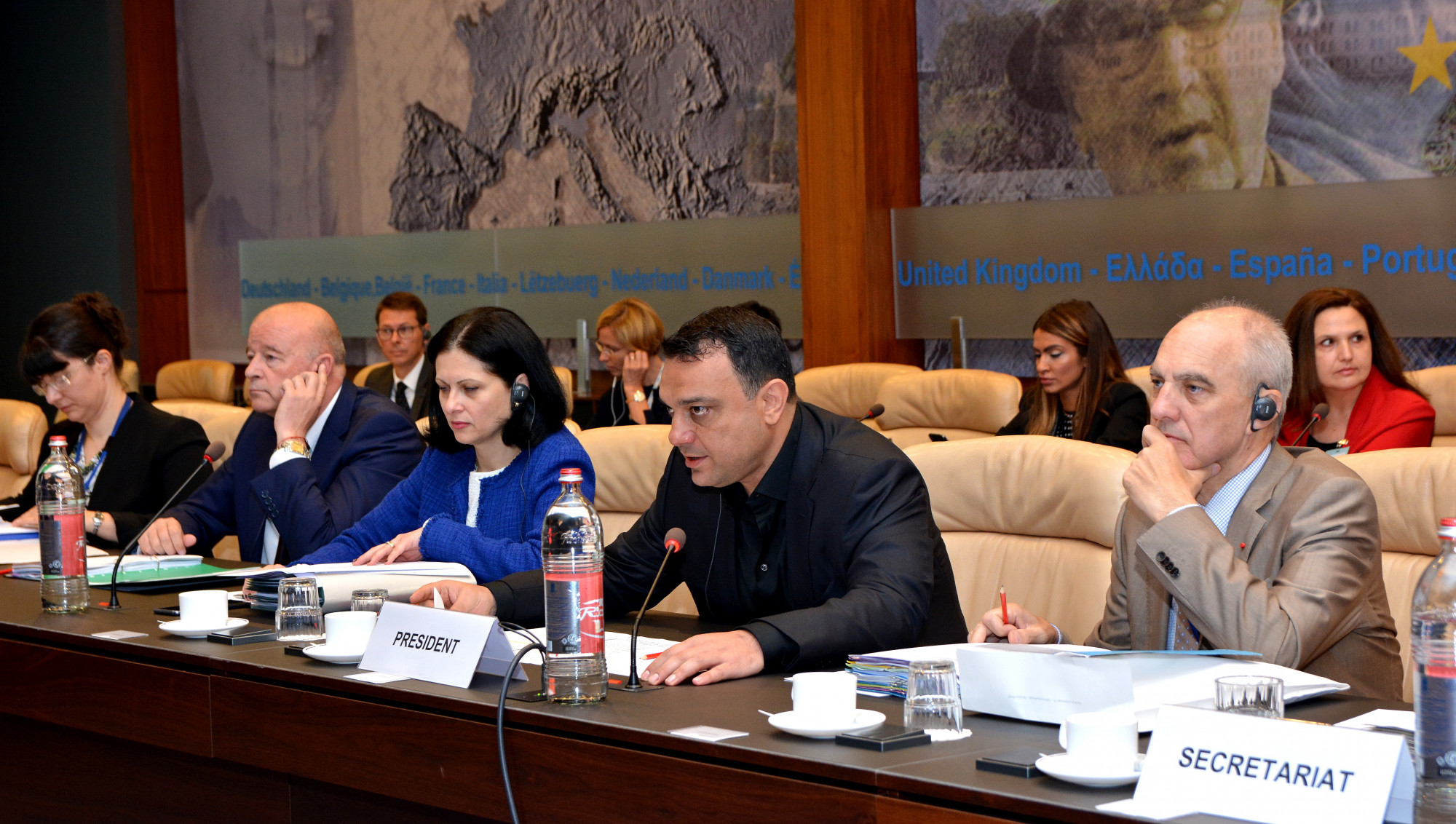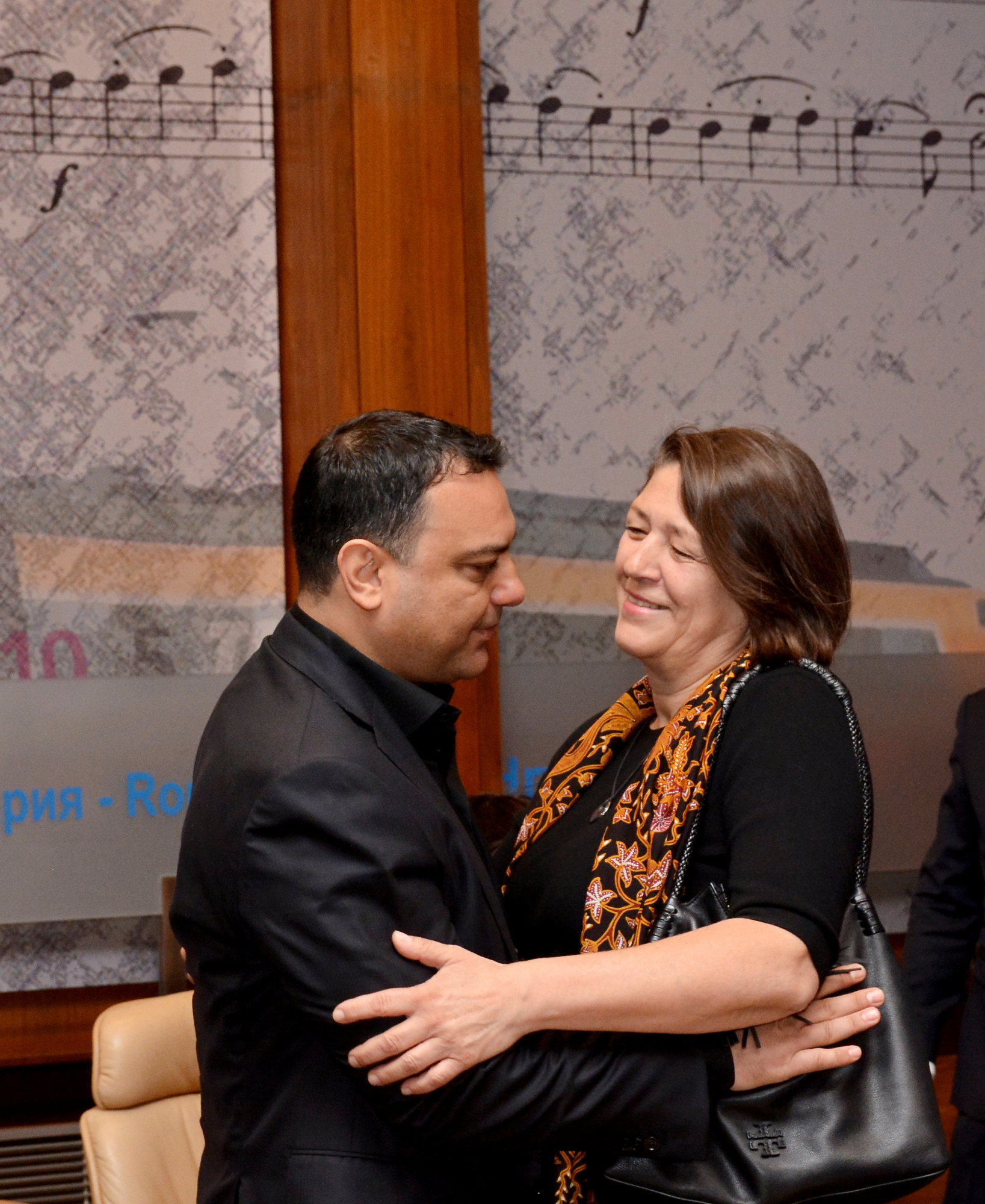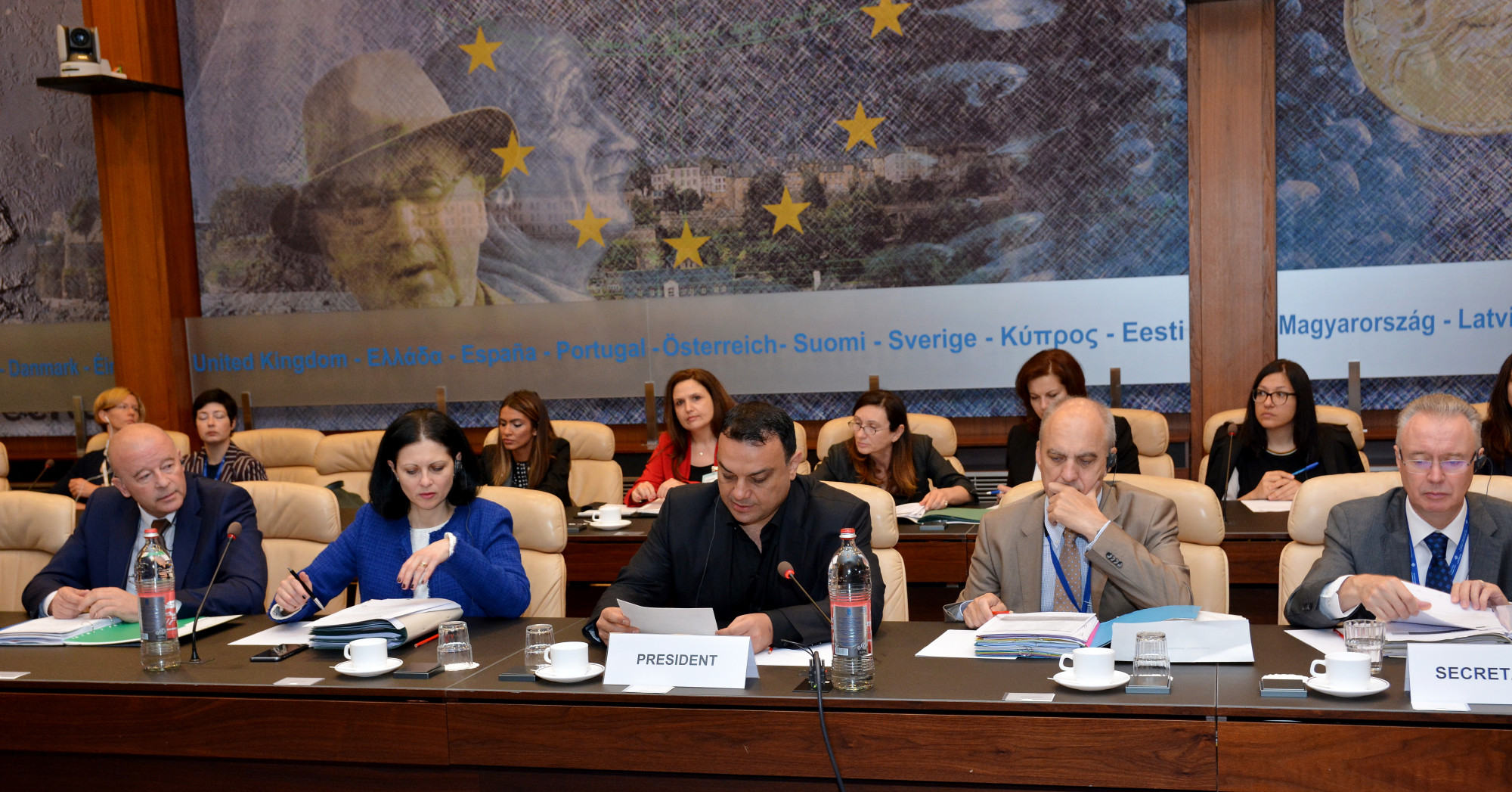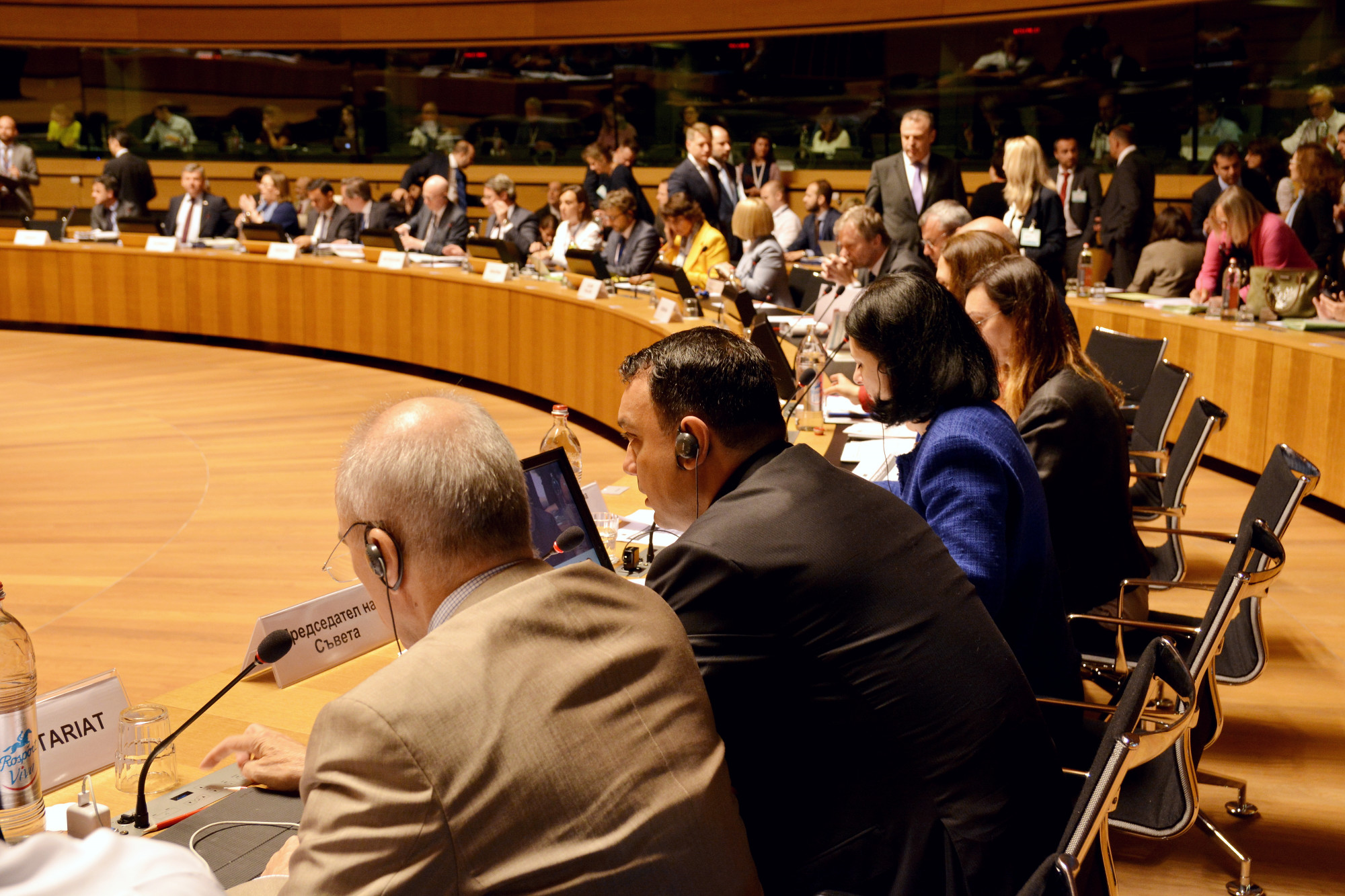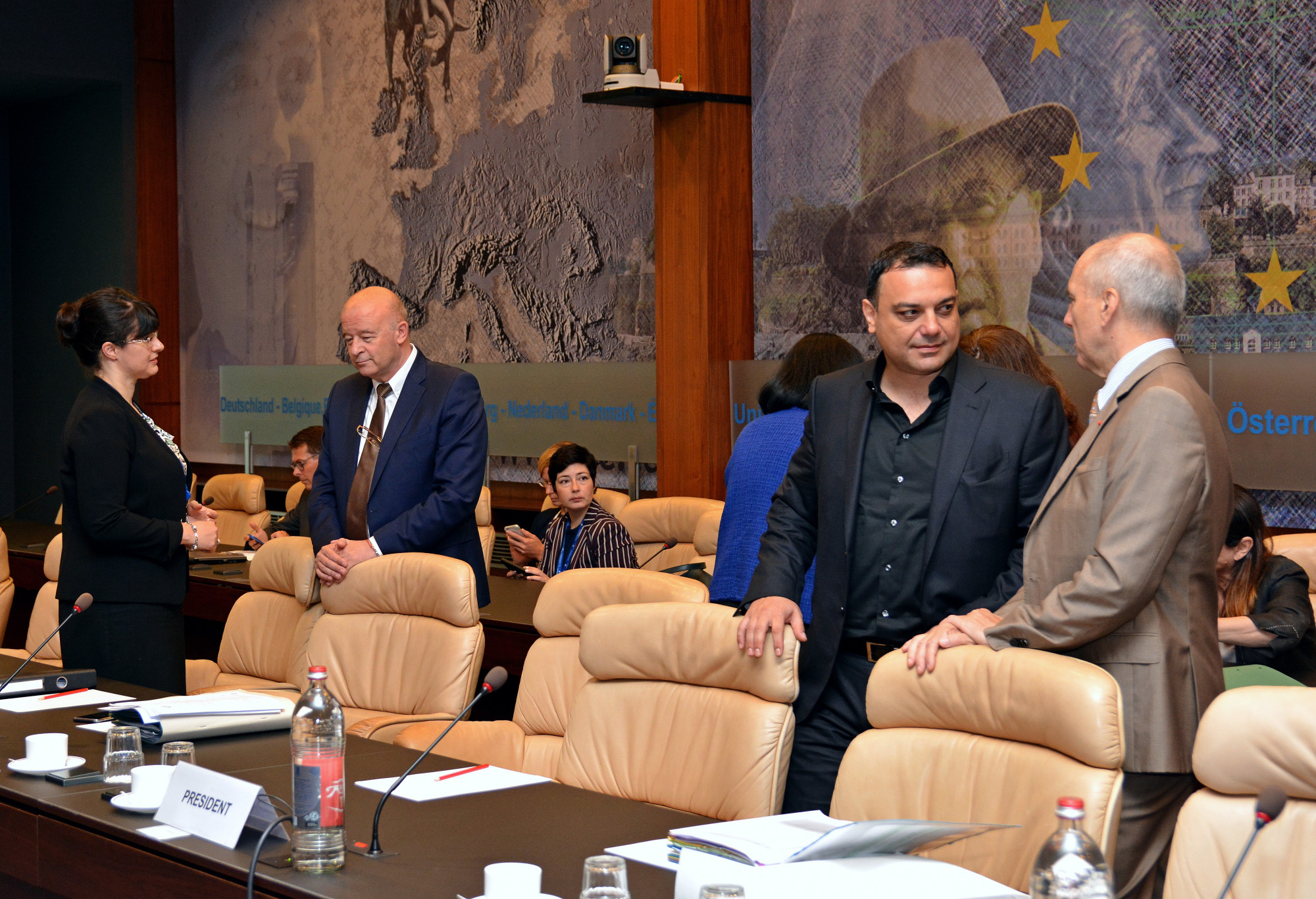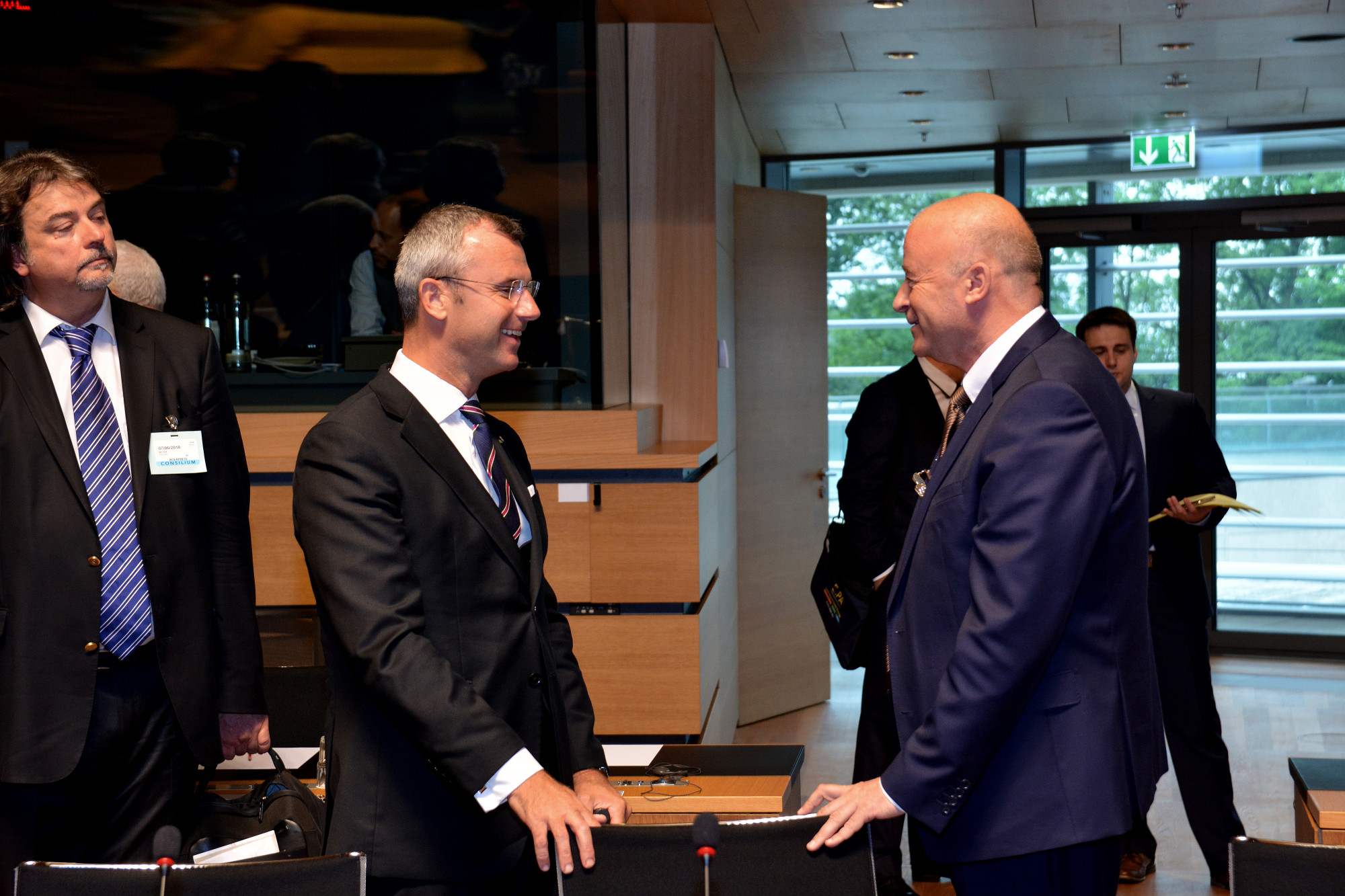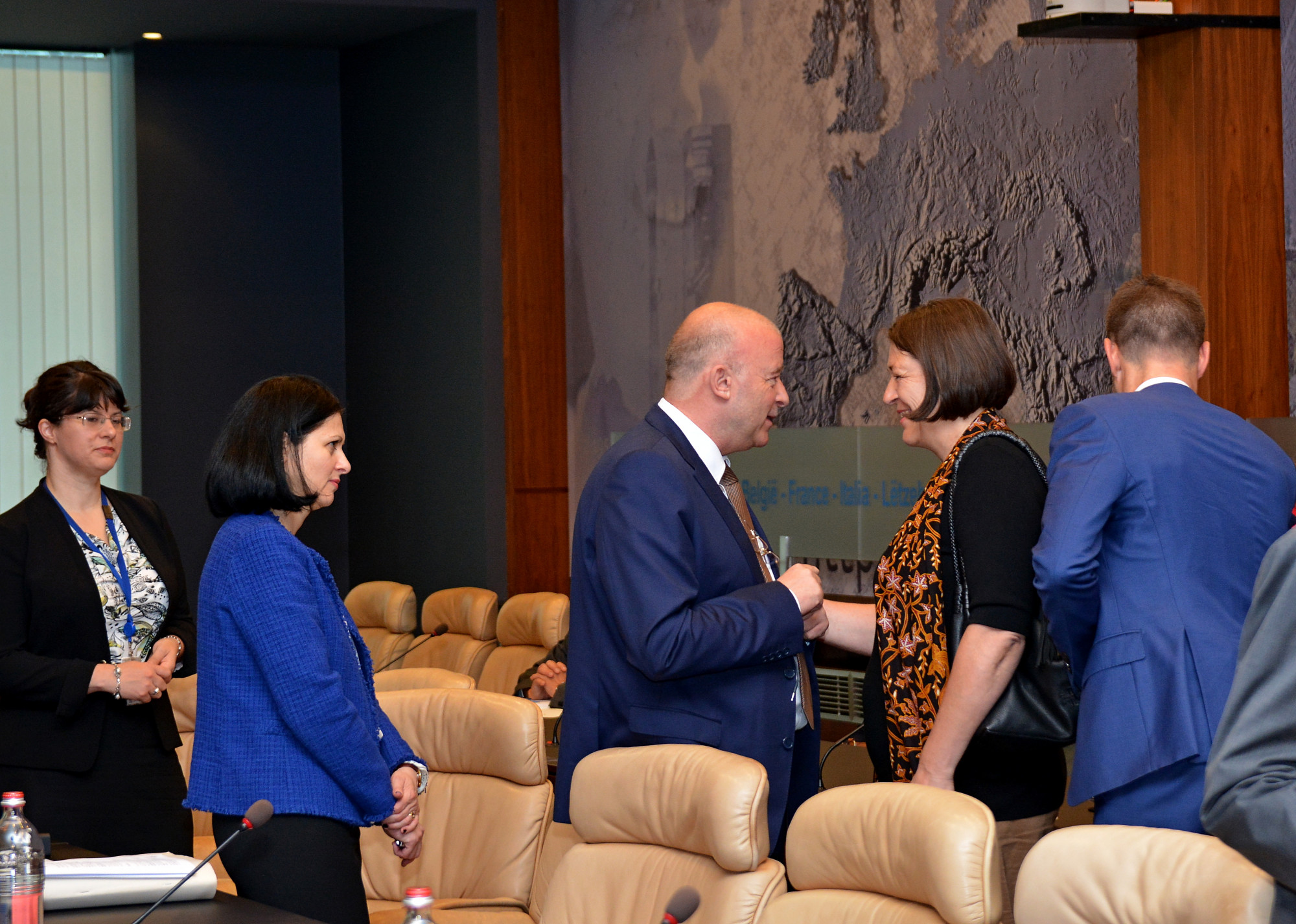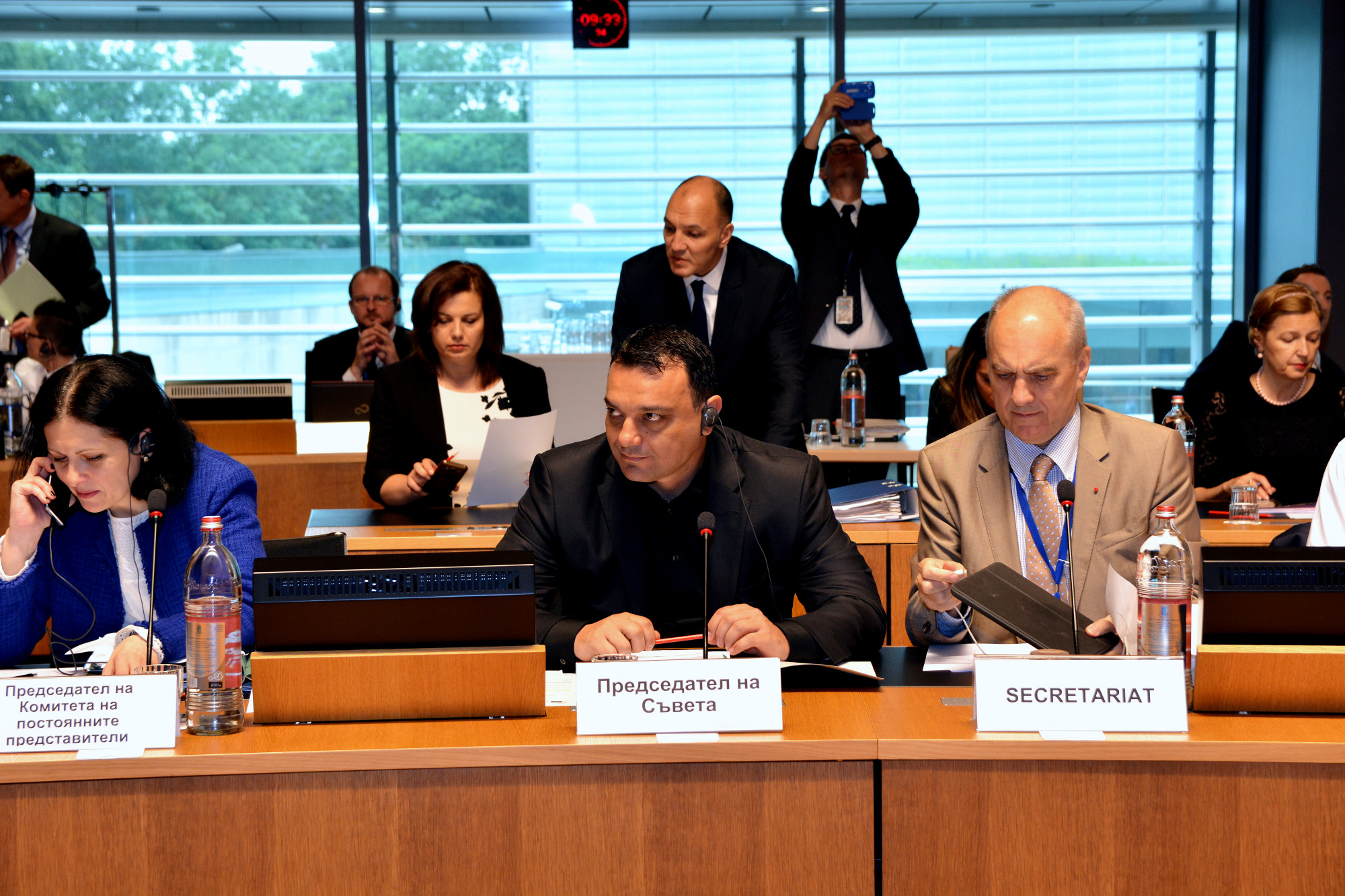Bulgaria’s position on the major controversial issues in the first Mobility Package was yet again affirmed at today’s session of the Transport, Telecommunications and Energy Council in Luxemburg. The session, in Transport configuration, was presided by Ivaylo Moskovski, Minister of Transport, Information Technology and Communications.
Despite the efforts and discussions at various levels at the Council of the EU, there is still no answer to the main issue – what is the economic model that we would like to see in the future for road haulage transport. Provision of better social conditions for drivers is related to the economic development of transport operators, thus, imposing additional administrative burden would result in job losses and many small and medium-sized companies going bankrupt. “Is this the Europe of social rights and basic human freedoms and do we really care about European families, or do we restrict basic human rights?”, the participants in the session were asked.
With regard to the requirement for drivers to be able to go back home on a regular basis, the position that drivers shall have the opportunity to choose where to have their breaks, was defended.
The Bulgarian party supports the construction of a proper number of guarded parking lots along the Trans-European Transport Network and until then the weekly on-board break should not be banned. What should also be noted are the investments in new transport vehicles that provide all necessary sleeping conditions, as well as the lack of insurance for risks relate to the driver’s absence in the vehicle.
Bulgaria’s disagreement on the enforcement of the regulations and requirements for posting drivers was highlighted, as international road transport is highly mobile and this would only obstruct the operators’ activities.
With regard to cargo cabotage, there should be an agreement reached on no further liberalizing or restricting cabotage operations carried out by foreign operators, as well as not allowing systematic cabotage by introducing short break period between two cabotage cycles.
Special attention was drawn to the risk of unfair competition by third-country operators carrying out transportations within the EU.
Unfortunately, some of the participants in the negotiations do not pay enough attention to the geographic position and distance of peripheral member states, an important element that also has an effect on competition. As an example, a truck that travels the distance between Luxemburg and Sofia in seven days when abiding by all regulations, while traveling to other places in Europe in only four hours.
The Bulgarian party called for common efforts and constructive approach when participants continue their work on this important for the Single European Market sector, through balance and practically applicable texts to reach a compromise.
During today’s session of the TTE council, a common approach was reached on the Regulation on safeguarding competition in air transport, the Directive on port reception facilities for ship-generated waste and the Directive on the interoperability of electronic road toll systems. A progress report on the proposal for Regulation on the rights and obligations of rail passengers was presented. No agreement was reached on the hired vehicles dossier.


